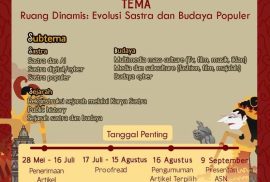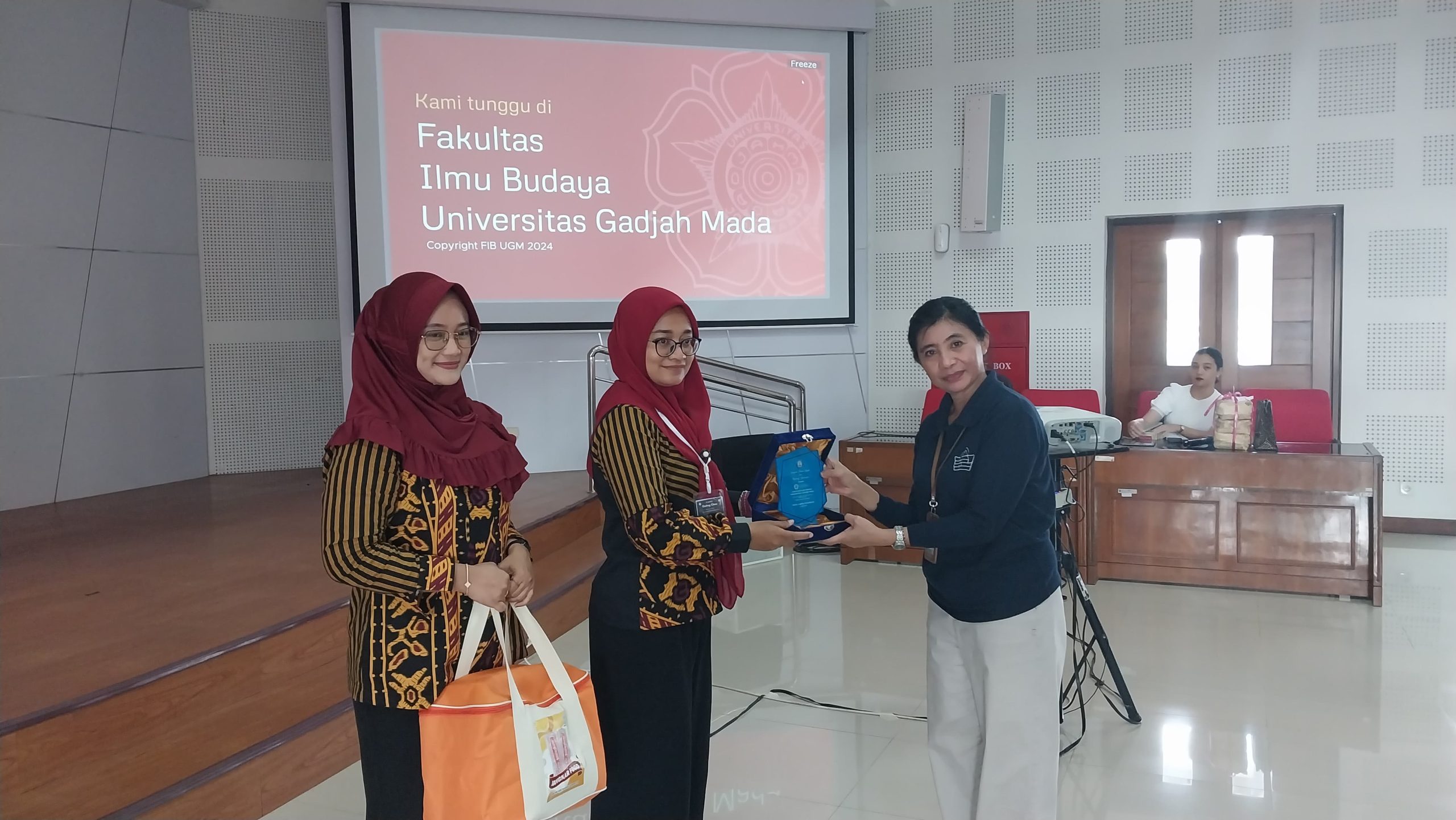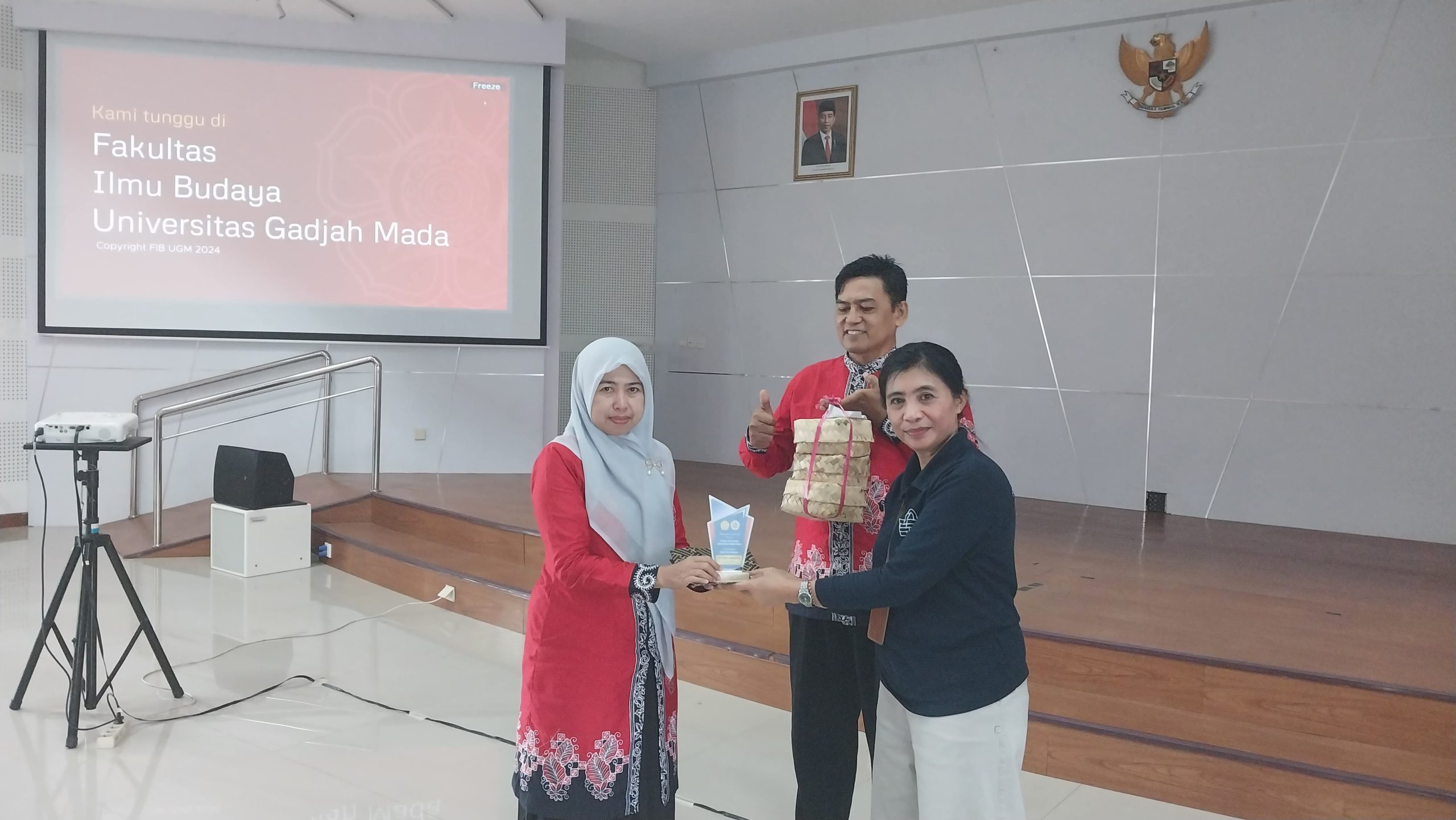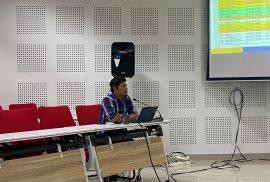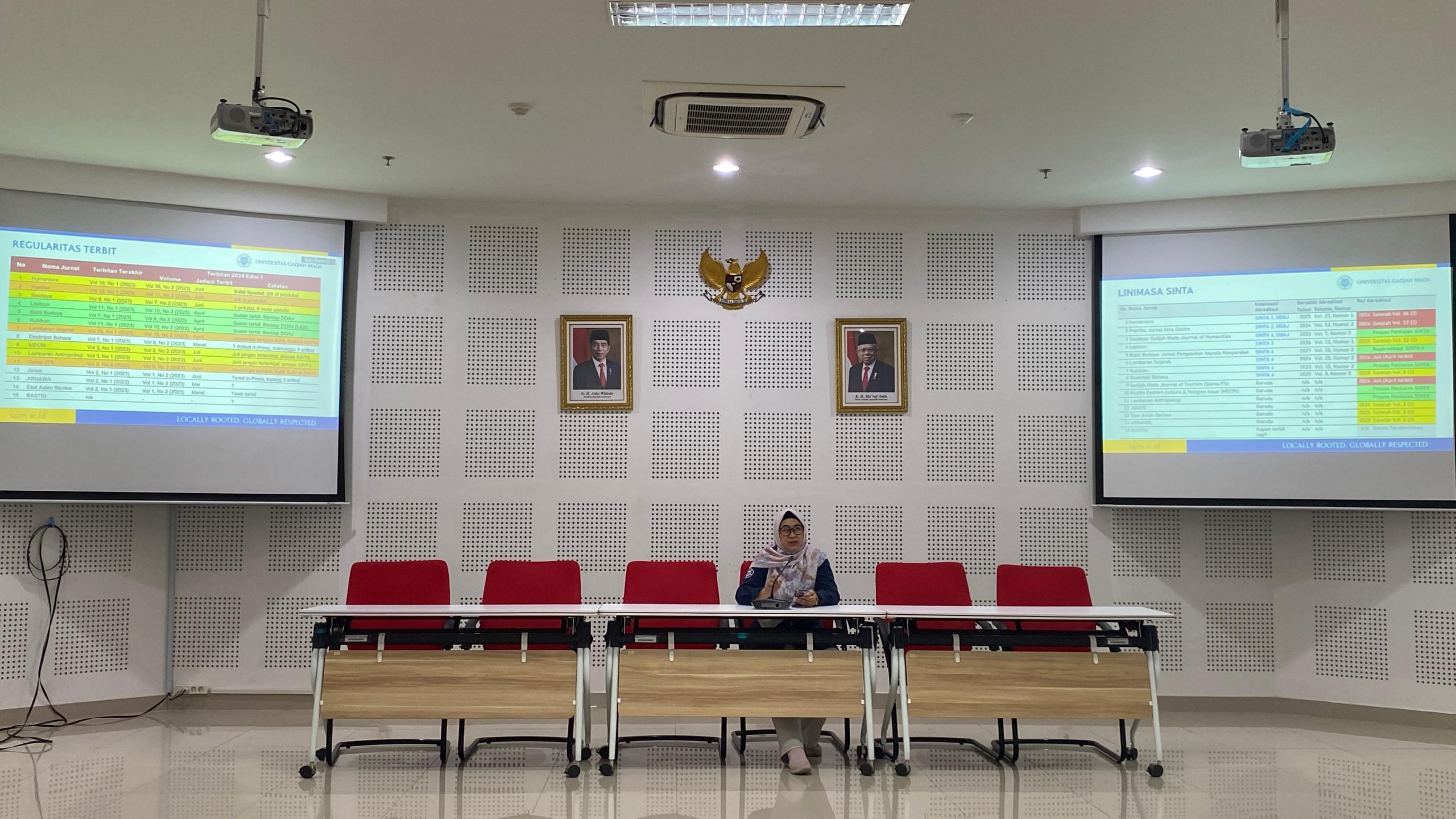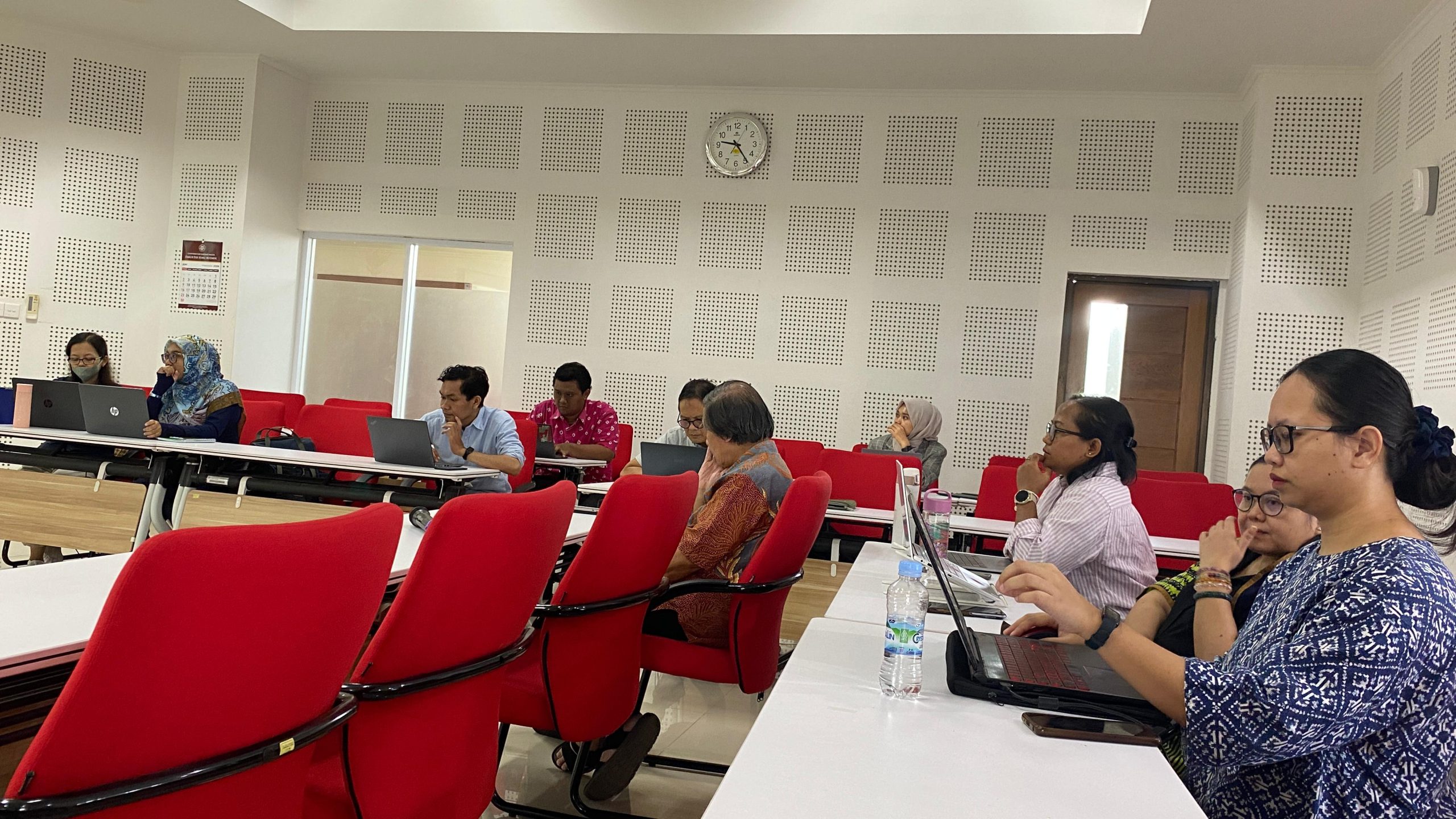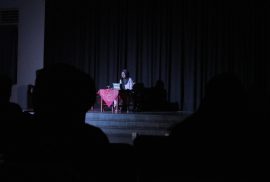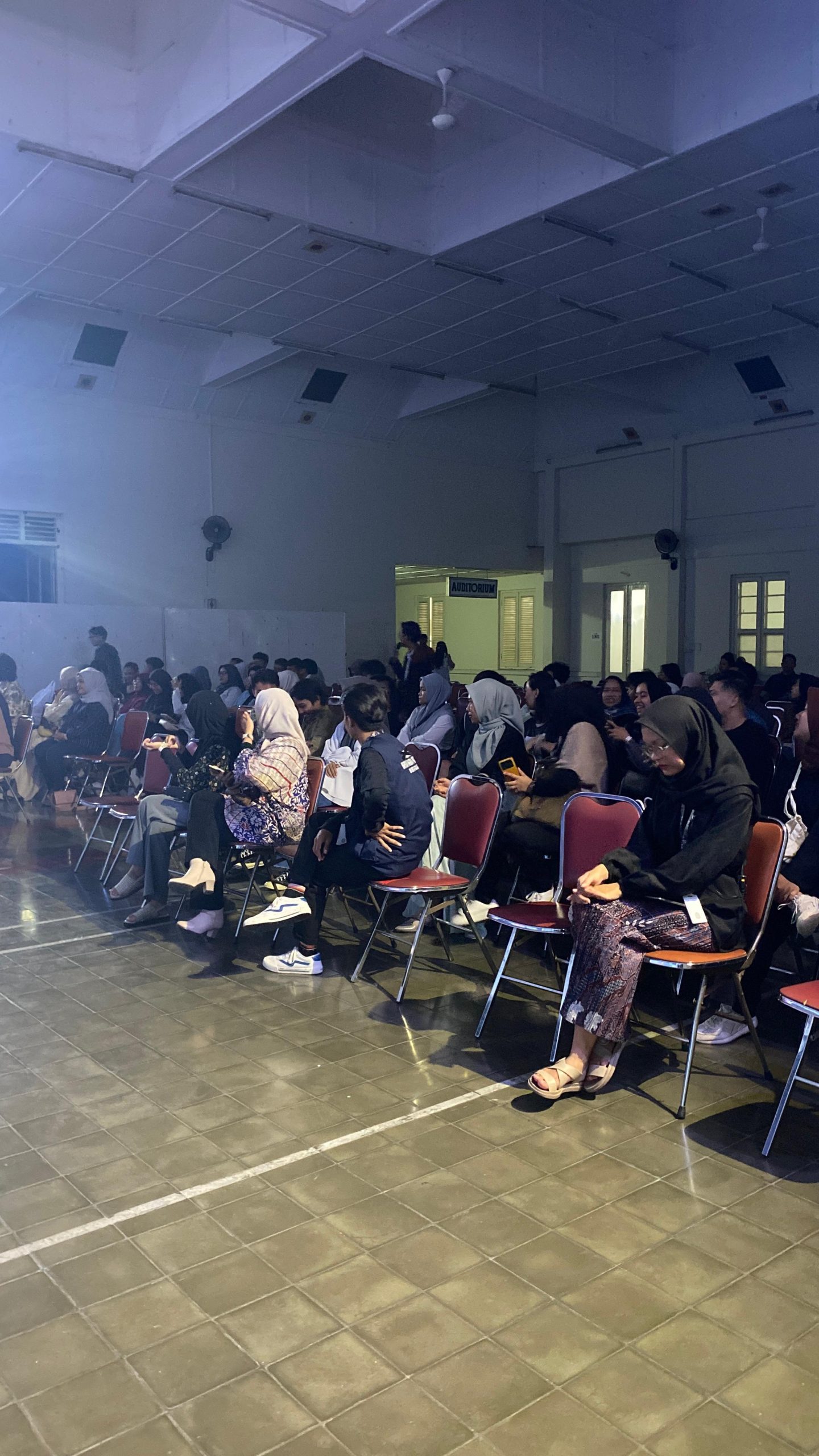Two female students from the Arabic Literature Program at UGM are participating in an internship program at the Ministry of Foreign Affairs for three months from April to June 2024. The two students are placed in two different directorates, namely the Directorate of Protocol and the Directorate of Protection for Indonesian Citizens (WNI).
The first student, Eurrydice Setianingroem, is placed in the Directorate of Protocol. During the internship, Eurry is involved in various tasks related to diplomatic relations, diplomatic receptions, and diplomatic administration. This experience is expected to provide practical insights into how protocol is applied in various events and diplomatic activities. According to her, “Interning at the Directorate of Protocol gave me the opportunity to see firsthand how diplomacy is conducted and to meet important people, of course. This experience is very valuable and will serve as a foundation for my future career.”
Meanwhile, the second student, Aisyah Dina, is placed in the Directorate of Protection for Indonesian Citizens (WNI). Aisyah is involved in various activities related to the protection and support for Indonesian citizens abroad, including handling cases, case documentation, and providing legal assistance. Aisyah gains understanding and insights into the challenges faced by Indonesian citizens abroad, especially in the Middle East, and how the Ministry of Foreign Affairs plays a role in protecting their rights. This aligns with the efforts to achieve SDG 16, which is peace, justice, and strong institutions.
By directly participating in activities at the Ministry of Foreign Affairs, these two students are expected to apply the knowledge they have gained in college to real-world practice, as well as to develop skills that will be useful in their future careers. They not only gain valuable practical experience but also contribute directly to the process of diplomacy and citizen protection, which are essential elements in achieving sustainable development goals.


